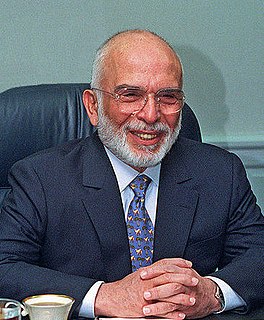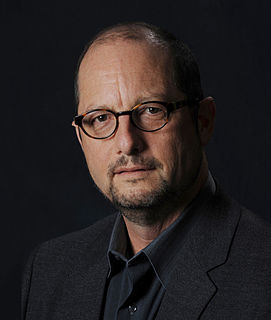A Quote by Hugh Jackman
I just find the evangelical church too, well, restrictive. But the School of Practical Philosophy is nonconfrontational. We believe there are many forms of Scripture. What is true is true and will never change, whether it's in the Bible or in Shakespeare. It's about oneness.
Related Quotes
One of the great challenges you will face is that a part of the world, and some in it, do not have or do not believe in a standard of moral values. Many in the world today operate on the basis of practical expediency. You have undoubtedly observed this yourselves. It has become a philosophy of life for many. This is true among nations as well as among individuals.
In evangelical and Pentecostal churches, most people have a home church they identify with, but you have a favourite pastor or evangelist that you listen to occasionally. Studying scripture means you don't just read the Bible: you read devotional books and books designed to help your spiritual walk or the church broadly construed.
If you're going to say you're Catholic, you inform your conscience so that you're activities will conform to what God is telling us through the Church. If God is telling you something outside of that, well, the Church will look at that and say: we think it is true or we don't think it is true. The Church might say: that might be true for you but it has no public normative value.
I have a philosophy that white people would be interested in Native Americans because, first of all, it's probably the only group as a country we all study and know the history and then never study again past the age of 10. So I think we have these things we believe are true, that are just not true about what an audience wants.
[P]eople need to use their intelligence to evaluate what they find to be true and untrue in the Bible. This is how we need to live life generally. Everything we hear and see we need to evaluate—whether the inspiring writings of the Bible or the inspiring writings of Shakespeare, Dostoevsky, or George Eliot, of Ghandi, Desmond Tutu, or the Dalai Lama.
What's true will never contradict what's true. Article 2 of the Belgic Confession, based on Psalm 19, Romans 1, and several other texts, declares that God has given us two reliable revelations: the words of Scripture and the facts of nature. Thus, it would be impossible for the facts of nature ever to contradict the words of the Bible.
What gets me back to church, I think, is thinking maybe this time that question "Is it true?" will be answered, not just in terms of somebody saying, "Yes, it's true," but something will happen in a sermon or maybe shuffling up to the Eucharist, or in the old lady who's sitting beside me with a Bible - maybe something will happen which will show me that it's true. So I go back thinking, maybe this time I'll be lucky.
In Dogen's writing, the practical instruction, philosophy and poetry are together in one voice. People hear about his poetry, go to his work, and expect to find poetry, or they hear about his philosophy and expect to find philosophy. They look just for practical instruction and find poetry and philosophy. They can't make out the complexity of his writing, become frustrated and let him go.
[M]an has been accustomed, ever since he was a boy, to having a dozen incompatible philosophies dancing about together inside his head. He doesn't think of doctrines as primarily "true" or "false," but as "academic" or "practical," "outworn" or "contemporary," "conventional" or "ruthless." Jargon, not argument, is your best ally in keeping him from the Church. Don't waste time trying to make him think that materialism is true! Make him think it is strong or stark or courageous—that it is the philosophy of the future. That's the sort of thing he cares about.



































